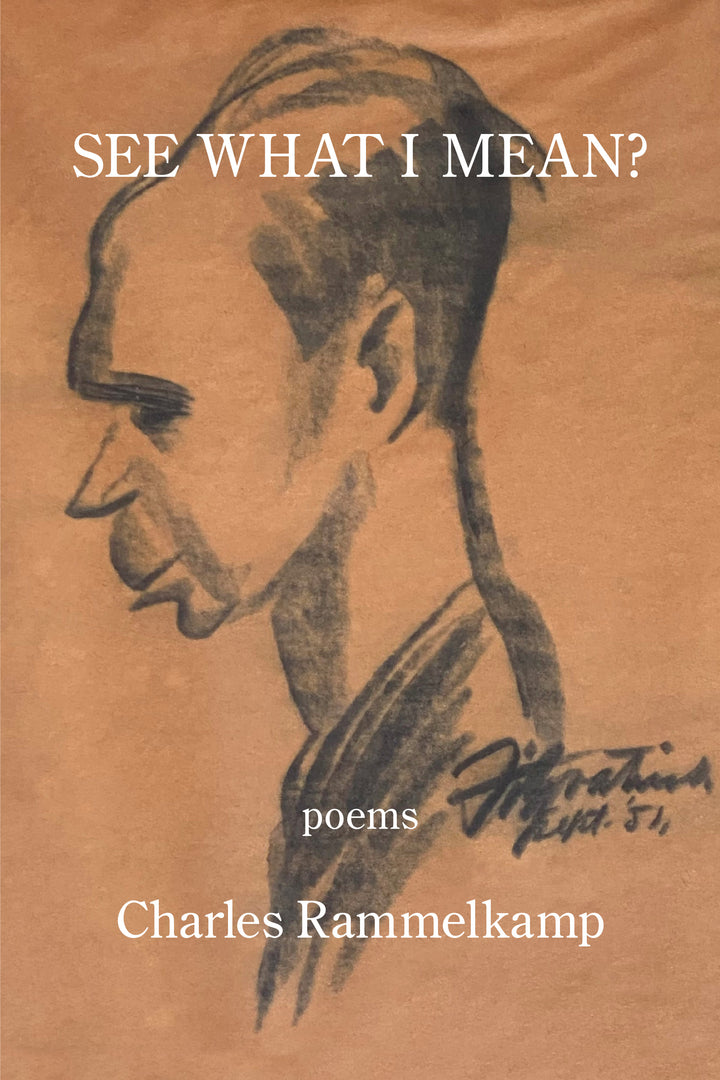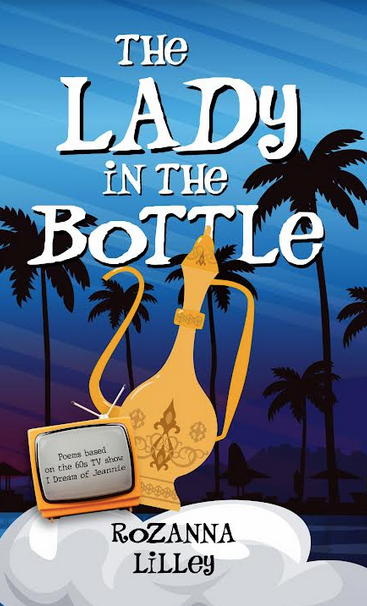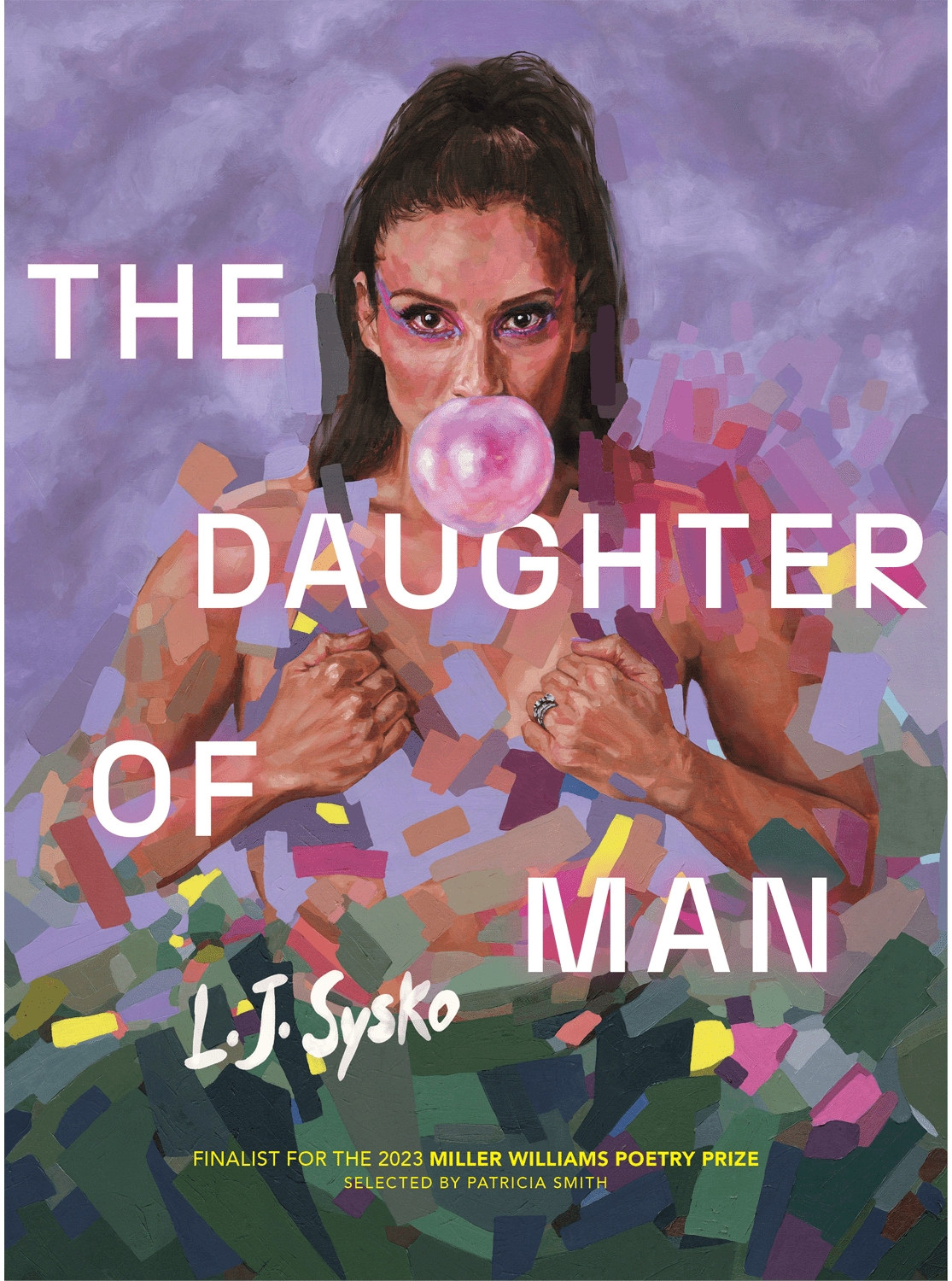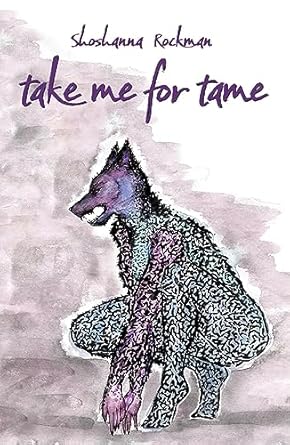 It is a book of personal revelations and truths, some raw and shocking that are intimate to the core. It is a book about women contemplating their fate in what still seems to be a man’s world. It is a book about loss of self in a country that was a coloniser of ancestors. It is the feeling of not knowing who you are and where to hide.
It is a book of personal revelations and truths, some raw and shocking that are intimate to the core. It is a book about women contemplating their fate in what still seems to be a man’s world. It is a book about loss of self in a country that was a coloniser of ancestors. It is the feeling of not knowing who you are and where to hide.
Tag: poetry
A review of See What I Mean by Charles Rammelkamp
 What a delicious literary emporium See What I Mean is, with treasures waiting to be unearthed and read. In this age of the hermeneutic and precious, Rammelkamp gets down to the itty-gritty of poetry and existence using the language of real people to help us see the complexities and complicities of our lives.
What a delicious literary emporium See What I Mean is, with treasures waiting to be unearthed and read. In this age of the hermeneutic and precious, Rammelkamp gets down to the itty-gritty of poetry and existence using the language of real people to help us see the complexities and complicities of our lives.
A review of The Unreal City by Mike Lala
 There is a lot of muscular movement in Lala’s poems. The poet’s interest (almost what seems to be an obsession) in labor and work defined through movement can be read in My Receipt, a poem about him being a spectator in a theater: “… his knees, his body at work, / part/ of a sum / (a company): men together — their bodies / in labor together, / for whom the audience puts their hands together”.
There is a lot of muscular movement in Lala’s poems. The poet’s interest (almost what seems to be an obsession) in labor and work defined through movement can be read in My Receipt, a poem about him being a spectator in a theater: “… his knees, his body at work, / part/ of a sum / (a company): men together — their bodies / in labor together, / for whom the audience puts their hands together”.
A review of The Lady in The Bottle by Rozanna Lilley
 Lilley is a brilliant writer. She creates pictures with words. Each episode is a short gem with sprinkles of captivating humour. Page by page we enter Jeannie’s life, we read about her travelling with the astronaut in a space capsule, a yacht or a car, we read about her trying to constantly please her master, and forever hoping to get married to him.
Lilley is a brilliant writer. She creates pictures with words. Each episode is a short gem with sprinkles of captivating humour. Page by page we enter Jeannie’s life, we read about her travelling with the astronaut in a space capsule, a yacht or a car, we read about her trying to constantly please her master, and forever hoping to get married to him.
A review of Dancing Dots by Brenda Eldridge
 There are poems in this collection that describes events which many of us experience like waking at 3.00 am and being unable to go back to sleep, or being super tired after looking after children or admiring a fancy car that we never could afford. Empathy, love, compassion and wishes are also themes in this collection.
There are poems in this collection that describes events which many of us experience like waking at 3.00 am and being unable to go back to sleep, or being super tired after looking after children or admiring a fancy car that we never could afford. Empathy, love, compassion and wishes are also themes in this collection.
A review of The Hurricane Book by Claudia Acevedo-Quiñones
 Acevedo-Quiñones includes family trees and freely admits that some of her facts are speculation, sometimes pieced together from “drunken spill sessions,” hearsay, half-remembered conversations. “Secrets are our family members, too,” after all, as she wisely points out in the vignette, “Secreto.”
Acevedo-Quiñones includes family trees and freely admits that some of her facts are speculation, sometimes pieced together from “drunken spill sessions,” hearsay, half-remembered conversations. “Secrets are our family members, too,” after all, as she wisely points out in the vignette, “Secreto.”
Conjuring the Artist: A review of The Daughter of Man by L.J. Sysko
 L.J. Sysko’s Daughter of Man is an exquisite dance in which form, function, image, and metaphor shape a discernible allegory of embodied personae. And while these speakers delight the reader with a variety of references to pop culture, they also serve as reminders of our shared historical narratives, ones we cannot let slip from our cultural memories.
L.J. Sysko’s Daughter of Man is an exquisite dance in which form, function, image, and metaphor shape a discernible allegory of embodied personae. And while these speakers delight the reader with a variety of references to pop culture, they also serve as reminders of our shared historical narratives, ones we cannot let slip from our cultural memories.
A review of take me for tame by Shoshanna Rockman
 Shoshonna Rockman’s debut poetry collection, take me for tame, is anything but tame. These are fierce poems, rooted in an exuberant defiance that works through oppression to find triumph.
Shoshonna Rockman’s debut poetry collection, take me for tame, is anything but tame. These are fierce poems, rooted in an exuberant defiance that works through oppression to find triumph.
A review of Let Our Bodies Change the Subject by Jared Harél
 Harél searches for joy with the recognition of how much we are up against in the world. His has a willingness to see sharply the challenges and obstacles that are often devastatingly difficult to understand—to admit joy through inquiry and truth. If we do not see clearly, we are victims of magical thinking, wholly unprepared for those inevitable struggles and painful circumstances that are unavoidable.
Harél searches for joy with the recognition of how much we are up against in the world. His has a willingness to see sharply the challenges and obstacles that are often devastatingly difficult to understand—to admit joy through inquiry and truth. If we do not see clearly, we are victims of magical thinking, wholly unprepared for those inevitable struggles and painful circumstances that are unavoidable.
A review of Talking Me Off the Roof by Laurie Kuntz
 All in all, these poems are sensitive, moving, perceptive, and carefully crafted gems. Discouragement might lurk in the words, yet the balance is tilting toward hope. As expressed in the poem “A Close and Constant Rage,” the poet notes “my continuous rage colliding / with the natural world, … / surround me with a can-do moment of hope.”
All in all, these poems are sensitive, moving, perceptive, and carefully crafted gems. Discouragement might lurk in the words, yet the balance is tilting toward hope. As expressed in the poem “A Close and Constant Rage,” the poet notes “my continuous rage colliding / with the natural world, … / surround me with a can-do moment of hope.”